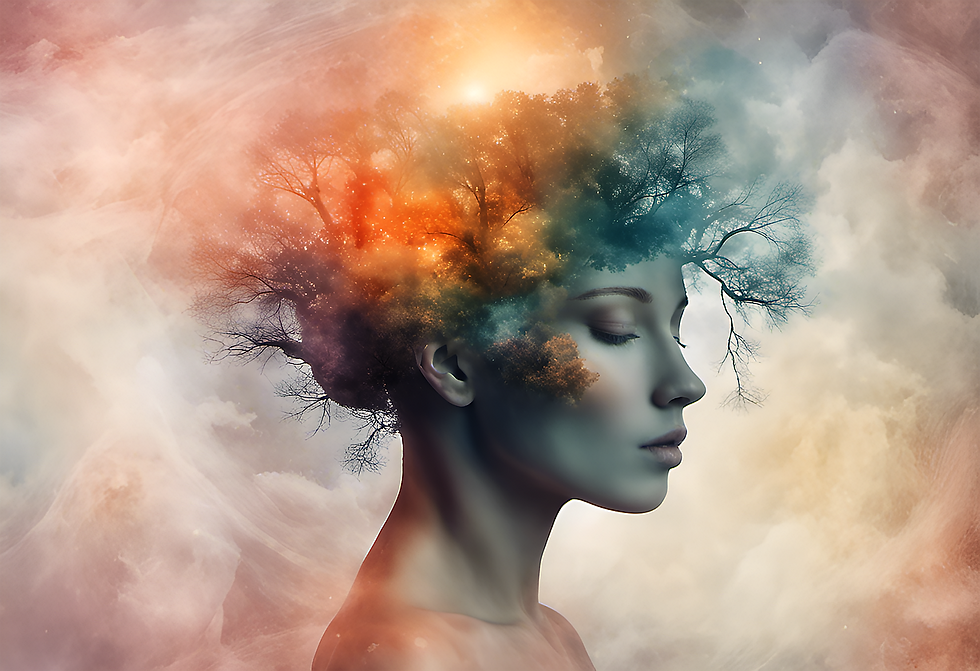If you watch any of the myriad YouTube videos or TEDx talks about the power of story, you will hear that love of story is hardwired into everyone. And that story's superpower is that it makes your subject easier to remember, and easier to connect to emotionally. But it is true? Or is it something we like to say because we feel like this represents our personal experiences with story and facts? Is there any science backing this up?

Yes! The science does support the claims, even if there is still some variation on the particulars. I recently reviewed several academic research papers on the subjects of neuroscience, story, learning, and memory and have summarized some highlights. Where possible I’ve included links to both good science communication about the research and the dense research papers themselves. If you want to get started with a nice, easy, TEDx overview of the subject, this talk by Karen Eber is what sent me down the rabbit hole of research. What I love about her talk is that while the talk itself is about the power of story, she says, right up front, that story and data aren’t either/or, they are both/and.
In practice, stories work to help listeners open both minds and hearts. Then as people ask for more information, you know exactly what data, facts and research to introduce into the mix to help people continue to explore what you are sharing. In the end, they will make up their own minds, pursue their own questions, and perhaps make discovers that they will share with others as they write their own stories.
(A word of caution – story’s superpowers exist whether the story is telling true things about true things or is misrepresentative and harmful. So, make sure you use your power for good!)
Stories stimulate the brain.
Research into language, story and memory suggests that facts alone spark primarily the two language processing sections of the brain whereas stories, especially those that touch all the senses, can spark up to nine!! The more parts of the brain that get sparked, the more synapses and neurons get in on the act so that people will remember, connect to, and make meaning from what they learn. Not only that, but the brain’s “resting state” seems more receptive to story than to learning facts – important news for those of us working in ‘recreational education’ spaces!
A UC Davis study published in 2021 identified that the Hippocampus is your brain's storytelling sticky spot. Weave a good tale, and the Hippocampus will grab that story and start the process of making memories from and about it.
Paul Zak has been publishing articles for over a decade. He has charted the ways that the brain releases hormones in response to story. With their rising and falling tension, characters we invest in, and happy, or at least empowering, endings, stories release Dopamine, Cortisol, Oxytocin and Endorphins – a powerful brain bath that turns words into full-fledged experiences that become impactful and memorable. You could go down a rabbit hole on his work alone.
Here's a summary of Zak’s research: https://power-of-storytelling.com/storyscience/ And a video summarizing it as well: https://www.youtube.com/watch?v=q1a7tiA1Qzo&t=338s
Story builds community.
Because of brain functions like neural coupling or mirroring, good stories begin to forge bonds and similar brain activity between speaker and listener. This in turn deepens trust. As stories get shared and reshared, more people begin to have similar brain activity, bonds and trust in both the story and the people who share knowledge of the story.
https://transformationalstorytelling.org/neural-coupling-and-storytelling/ (written for the layperson)
https://www.pnas.org/doi/10.1073/pnas.1008662107 (the research paper used)
Story also helps with collective sensemaking, particularly in scenarios where many people are involved with the creating, refining and retelling of stories that capture a shared, lived experience. In our realm, this is helpful in dialogic work, in restorative storytelling, or even in deep work like that done by the Truth and Reconciliation Commission.
Stories stimulate trust and willingness to keep an open mind.
Stories stimulate brain functions like neural coupling or mirroring that have us making connections with the speaker. But by presenting a sequence of events that includes surprises, twists and turns, and the unexpected, it also creates some imbalance and instability, causing the brain to soften its typical stance and consider that it may need to be prepared for things to be not as previously understood. Essentially, the brain moves into a space between balancing what is currently believed to be the pattern of life, and what is being experiences as new, different, and possibly in opposition to existing patterns. https://www.researchgate.net/profile/Paul-Armstrong-8/publication/350814248_Prologue--Stories_and_the_Brain_The_Neuroscience_of_Narrative_Baltimore_Johns_Hopkins_UP_2020/links/607441bb4585150fe99fa853/Prologue--Stories-and-the-Brain-The-Neuroscience-of-Narrative-Baltimore-Johns-Hopkins-UP-2020.pdf


Comments